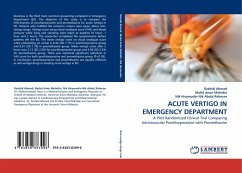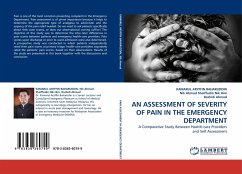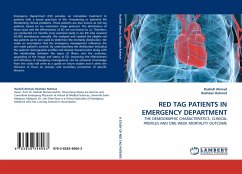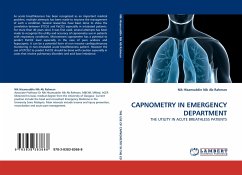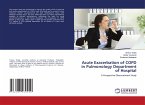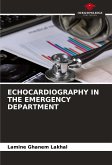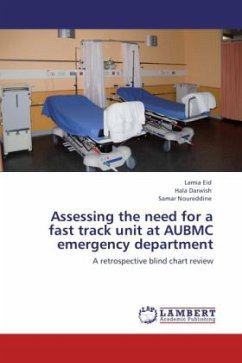Dizziness is the third most common presenting complaint in Emergency Department (ED). The objective of this study is to compare the effectiveness of prochlorperazine and promethazine for acute vertigo in ED. Patients who fulfilled the inclusion criteria were given above anti-vertigo drugs. Vertigo score using visual analogue score (VAS) and blood pressure while lying and standing were taken at baseline (0 hour), 1 hour and 2 hours. The researcher completed the questionnaire before patients left the ED. The mean vertigo score via visual analogue score while ambulating on arrival is 8.44 (SD 1.75) in prochlorperazine group and 8.81 (SD 1.78) in promethazine group. Mean vertigo score after 2 hours was 3.12 (SD 2.09) for prochlorperazine group and 4.94 (SD 2.43) for promethazine group. There was statistical significant reduction in VAS score for both prochlorperazine and promethazine group (P0.05). In conclusion, prochlorperazine and promethazine are equally effective as anti-vertigodrugs in treating acute vertigo in ED.
Bitte wählen Sie Ihr Anliegen aus.
Rechnungen
Retourenschein anfordern
Bestellstatus
Storno

